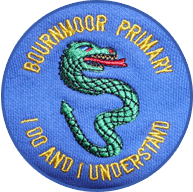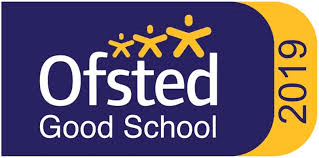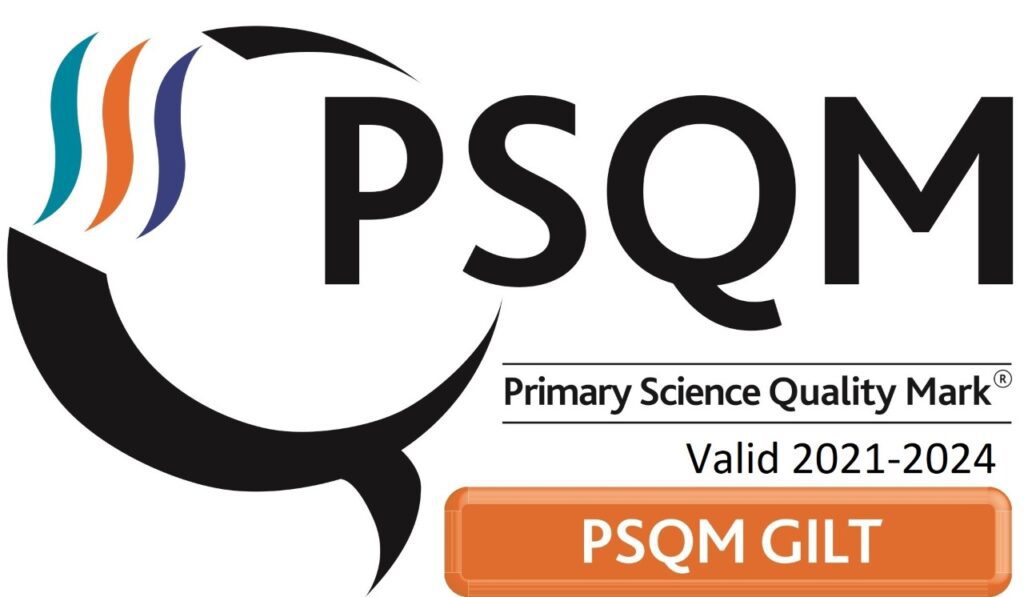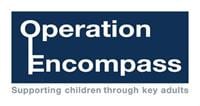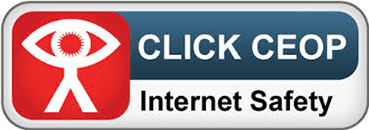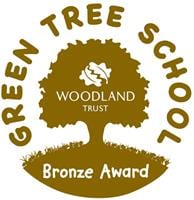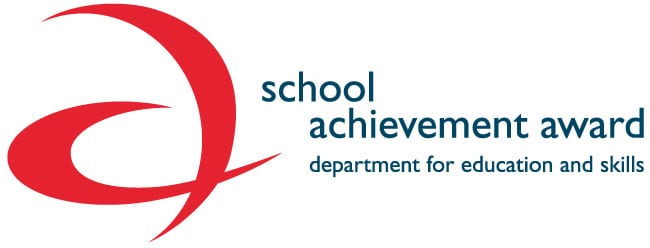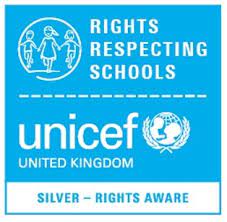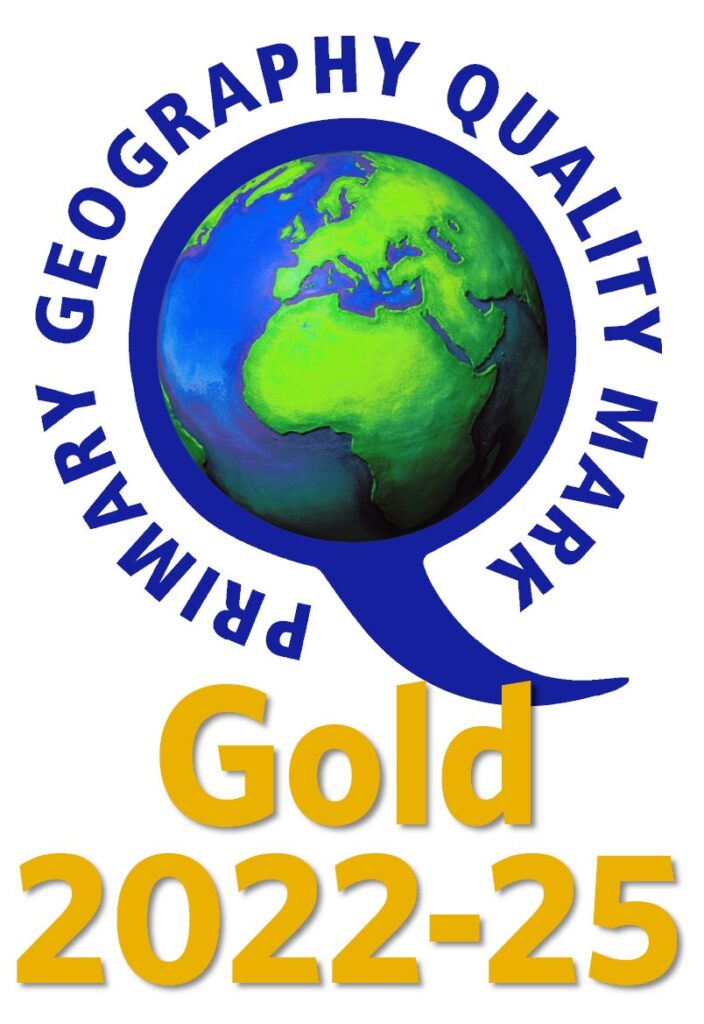Geography at Bournmoor Primary School
The national curriculum for geography aims to ensure that all children can:
- develop contextual knowledge of the location of globally significant places – both terrestrial and marine – including their defining physical and human characteristics and how these provide a geographical context for understanding the actions of processes
- understand the processes that give rise to key physical and human geographical features of the world, how these are interdependent and how they bring about spatial variation and change over time
- are competent in the geographical skills needed to: collect, analyse and communicate with a range of data gathered through experiences of fieldwork that deepen their understanding of geographical processes
- interpret a range of sources of geographical information, including maps, diagrams, globes, aerial photographs and Geographic Information Systems
- communicate geographical information in a variety of ways, including through maps, numerical and quantitative skills and writing at length.

Planning and organisation of the subject
The Geography curriculum for Key Stage One and Key Stage Two follows the National Curriculum objectives and long-term plans. Pupils are taught about human and physical geography, place knowledge, field work and locational knowledge. Planning is completed on the medium term plan pro-forma to illustrate skill development, lesson content, learning objectives, resources, differentiation and assessment. Geography in the Foundation Stage is taught under the umbrella of ‘Understanding the World, People, Culture and Communities and The Natural World’ from the Early Learning Goals (ELG) and Developing Matters document. The children are supported in developing the knowledge, skills and understanding that helps them to make sense of the world.
Teaching styles and strategies
As we understand that there are many different geography abilities in each class, we ensure that each unit of work has sufficient differentiation to allow all children to work at their level of challenge. Geography may be taught in alternate half terms and can be taught weekly or in “block” sessions as per the needs of the class. Geography topics may also be enhanced and discussed through other subjects e.g. Science and Maths, and a cross-curricular approach can be adopted. Lessons are enhanced through field trips, resources (both practical and online) and visits from experts. All lessons are taught through an enquiry approach and each topic begins with a KWL grid. Additionally, pupils will complete regular terminology lessons to expand the geographical vocabulary. In the EYFS, pupils are encouraged to explore their environments and to understand local geography. They begin to gain knowledge and understanding of the world through photographs, observations and explorations.
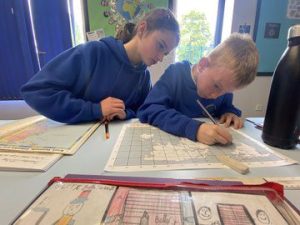
How the subject is assessed
Foundation Stage
Teachers use observations of child-initiated activities and adult led tasks to collect evidence of the level the child is currently working at. They use the set proforma for recording meaningful observations and individual work is presented in the child’s ‘Learning Journal’. Observations, annotations and children work are used to provide a full picture of the child’s achievement and working level.
Key Stage One and Two
Children’s progress is monitored through observation and by using planning and learning objectives. The Geography Co-ordinator has created progression grids for each year group that shows the development of geographical skills and knowledge. Additionally, pupils complete an assessment lesson at the end of the topic which informs teacher judgement. Furthermore, the co-ordinator has designed appropriate self-assessment sheets for each topic covered, which work alongside the historical self-assessment grids.
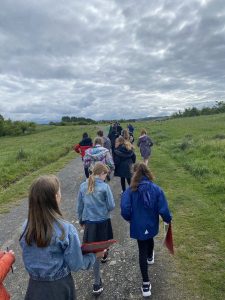
Impact
- We completed our submission for the Primary Quality Geography Mark (PGQM), reflecting the value the subject has in our school and achieved GOLD standard.
- Assessment and progression documents allow for a wide variety of geographical skills to be taught.
- Both knowledge and skills-based lesson are taught to ensure a richer understanding of geography.
- Lessons are stimulating and engaging.
- Geography is brought to life in our school through events like Geography Day.
- Homework projects have produced some outstanding and imaginative work from children, showing their developed research and presentation skills.
- Book scrutiny to monitor Geography across the school is completed.
- The ability of teachers to plan learning activities that meet the needs of pupils for their different starting points has been a key focus, with positive results.
- An audit of resources to see what we need to replace and restock occurs to ensure that we can offer stimulating and engaging curriculum resources.
- The role of subject leaders has been developed to heighten leadership capacity and to enable them to measure the effectiveness of improvement strategies, with positive outcomes.
